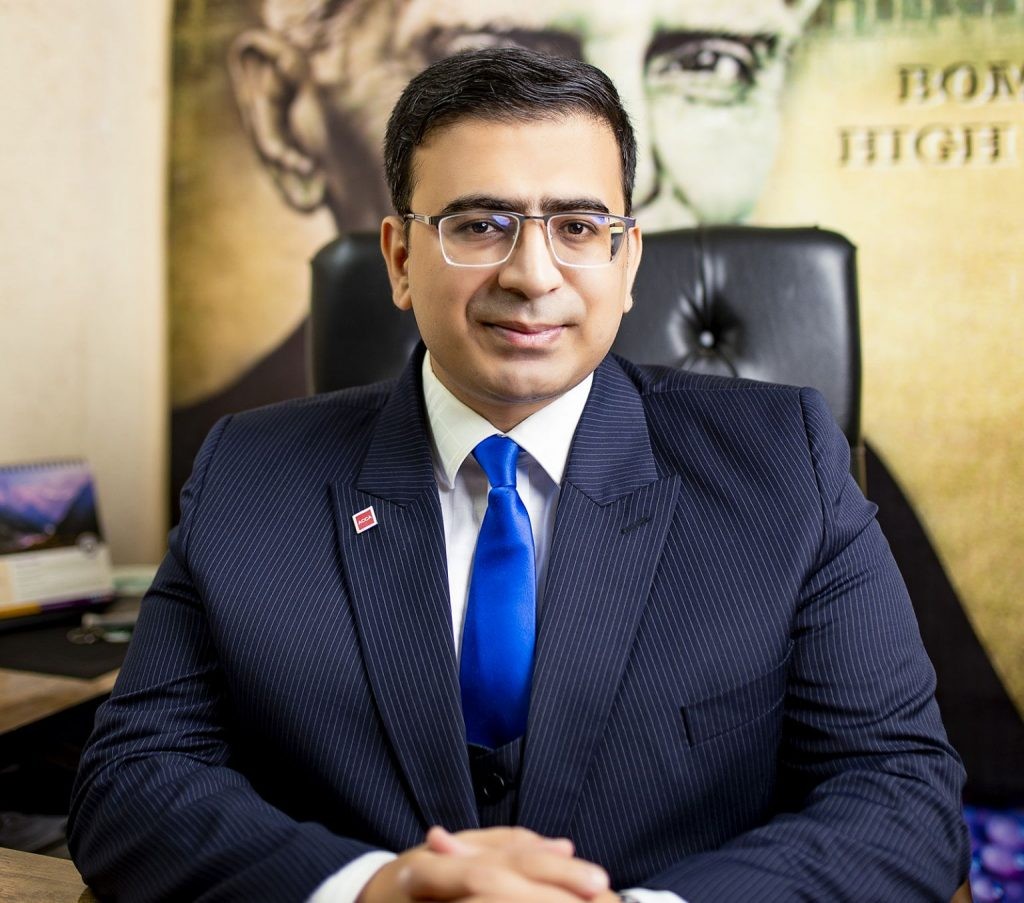
Since being placed on a grey list for its anti-money laundering gaps, the United Arab Emirates (UAE) has gone into overdrive in its efforts to address them. It is making a raft of changes and has started imposing hefty penalties. It has warned that more measures are in the pipeline as the country takes a zero-tolerance approach to dirty money.
In March, the Financial Action Task Force (FATF) placed the UAE and a handful of other countries on its grey list, meaning they would be under increased monitoring due to ‘strategic deficiencies’ in their counter money-laundering efforts. This list, officially known as Jurisdictions Under Increased Monitoring, can potentially be damaging for an economy and its foreign investment.
The UAE is the financial hub of the Middle East, home to many international companies’ headquarters, and recognised as a major regional trade and business hub. Therefore, it has a lot riding on maintaining the integrity and reputation of its financial system.
Following the FATF announcement, the UAE government took a long, hard look at what it could do to tighten up its anti-money laundering rules. This soon turned into action as it set in motion an action plan that has involved hefty penalties, high-profile arrests, and the discussions of more measures to come. This tough line on money laundering is both a bold and necessary move by the UAE.

The UAE’s financial regulators now want to trace property purchases made using digital currencies
Tracking cryptocurrency
One area that has also come under scrutiny in its efforts to tighten up anti-money laundering procedures is cryptocurrency. Crypto is routinely put under the spotlight by financial regulators globally over concerns it is being used by money launderers and criminals to move dirty money across jurisdictions.
With the UAE positioning itself as a major crypto hub and attracting a stream of global players to set up operations in the country, this is a new channel for money launderers to exploit. With so many crypto companies here, some real estate developers in the UAE have opted to start accepting payments in Bitcoin and Ether.
While this may be considered forward-thinking, the UAE’s financial regulators now want to trace property purchases made using these digital currencies. Real estate agents will have to alert anti-money laundering authorities of any property sales paid fully using crypto, or even in part.
What is interesting about the new rule is the relatively small amount of crypto involved for it to be flagged to the authorities. At present, the threshold is just AED 55,000 (a little under US$15,000), which is a small sum when you consider the high property prices in the UAE, particularly in the property investment hotspot of Dubai.
As the UAE minister for economics Abdulla bin Touq Al Marri put it, the new rules will leave ‘little or no room for manipulation or illegal practices that could negatively impact the work environment, and the economy and investment’. This clearly sends out a strong message to those using crypto to launder the proceeds of crime.
This is not the first time the UAE has upped the ante in its anti-money laundering efforts
More action needed
This is not the first time the UAE has upped the ante in its anti-money laundering efforts, and the FATF did praise the country for its continuing efforts on this front. The watchdog noted that since its last assessment (in 2020), the country had made good progress on tackling money laundering, confiscating criminal proceeds, and international cooperation. However, it did state that more action is needed to ensure that the investigation and prosecution of money laundering cases are consistent with the risk profile of the UAE.
In recent years, the country has seen the rapid transformation and growth of its economy, particularly in the areas of in real estate, seaports and airports. But this fast growth has been a double-edged sword. While the UAE has seen significantly higher cashflows, they have brought with them the increased threat of dirty money entering the financial system.
While the impact of being placed on a grey list is limited for the UAE, given its strength and stability, it has still shown it is serious in addressing the FATF’s concerns head on and quickly.


